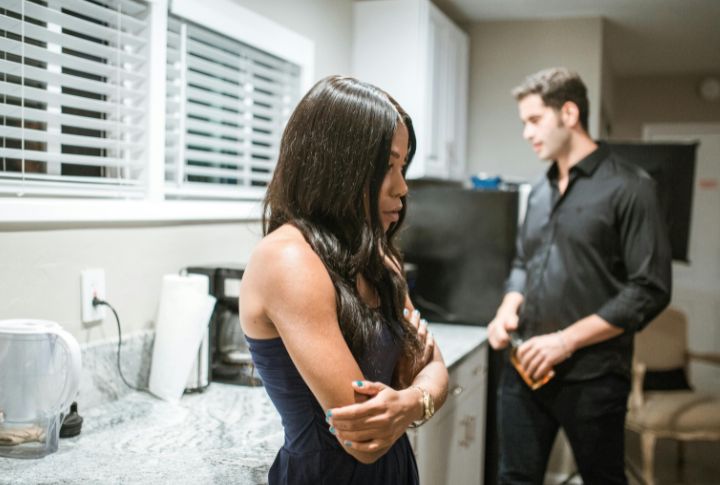
Something feels off in your relationship, but nothing obvious to point to—just quiet exhaustion and a sense of self-doubt creeping in. It doesn’t happen overnight but builds in small, unspoken ways until it feels normal. But it’s not, and here’s how to spot those subtle signs that often go unnoticed.
Dismissive Humor

What sounds like a joke can sting long after it’s said. Emotional invalidation cloaked in humor becomes a quiet form of verbal mistreatment. Quips made at your expense (especially around others) aren’t harmless; they’re veiled criticism. Laughing off hurt repeatedly just to maintain peace signals something deeper may unfold.
Silent Treatment

Therapists explain that prolonged silence after conflict isn’t a cooling-off period—it’s strategic psychological withdrawal. Days without eye contact or conversation serve as a means of dominance. Rather than repairing tension, it worsens disconnection and leaves one feeling alone in what should be a shared space.
Unfair Control Over Finances

Financial mistreatment isn’t always about full control. It can appear as constant demands for explanations or restricted access to shared funds. Studies connect economic abuse to lasting emotional harm, especially when it instills guilt over money you’ve rightfully earned. Taking control of your money is the first step to constricting your freedom.
Reluctance To Share Good News

Do you hesitate before celebrating wins or playing down personal milestones? Neglect on a relational level can make joy feel risky. In a balanced partnership, achievements draw people closer. But if triumphs are met with coldness or jealousy, that kind of reaction carries more weight than silence implies.
Undermining Of Friendships

Your social circle may start to shrink, and it’s rarely by chance. A partner who mocks your friends, frames them as bad influences, or sparks tension before outings may quietly distort you. This quiet distancing strategy leaves you more reliant on them and less supported overall.
One-Sided Emotional Labor

Emotional labor often goes unnoticed, yet it quietly drains energy. Managing relationships and easing tension can become an unspoken expectation rather than a shared effort. When one person carries this weight alone, it shifts from care to imbalance, leaving little room for their own needs.
Nonstop Monitoring Masquerading As Concern

Frequent check-ins, location tracking, or excessive questions about where you’ve been might look like care, but they can be signs of control. Experts caution that surveillance disguised as love blurs healthy boundaries. If you feel watched instead of trusted, it’s time to re-evaluate the intent behind it.
Withholding Affection As Punishment

Kindness and connection shouldn’t be used as leverage. When comfort—be it touch or simple acknowledgment vanishes after arguments, the message becomes clear: affection is conditional. That pattern shifts love from a constant into something you feel pressured to earn. It’s an old tactic that parents use.
Walking On Mental Tightropes

You rehearse conversations or avoid harmless actions to prevent blowups, creating a tense mental state. This constant self-monitoring becomes a survival tool, putting peace above authenticity. No relationship should force you to abandon who you are to avoid someone’s reaction.
Critiquing Your Appearance Subtly

Not all appearance-related putdowns are apparent. Backhanded compliments, comparisons, forcing you to change, and repeated “advice” dressed as concern can slowly erode self-esteem. Even politely delivered comments about body shaming can reflect deeper issues with psychological safety. This has the ability to cause harm over time.

